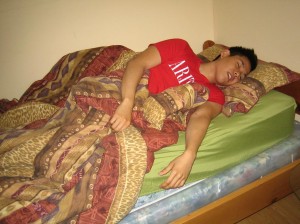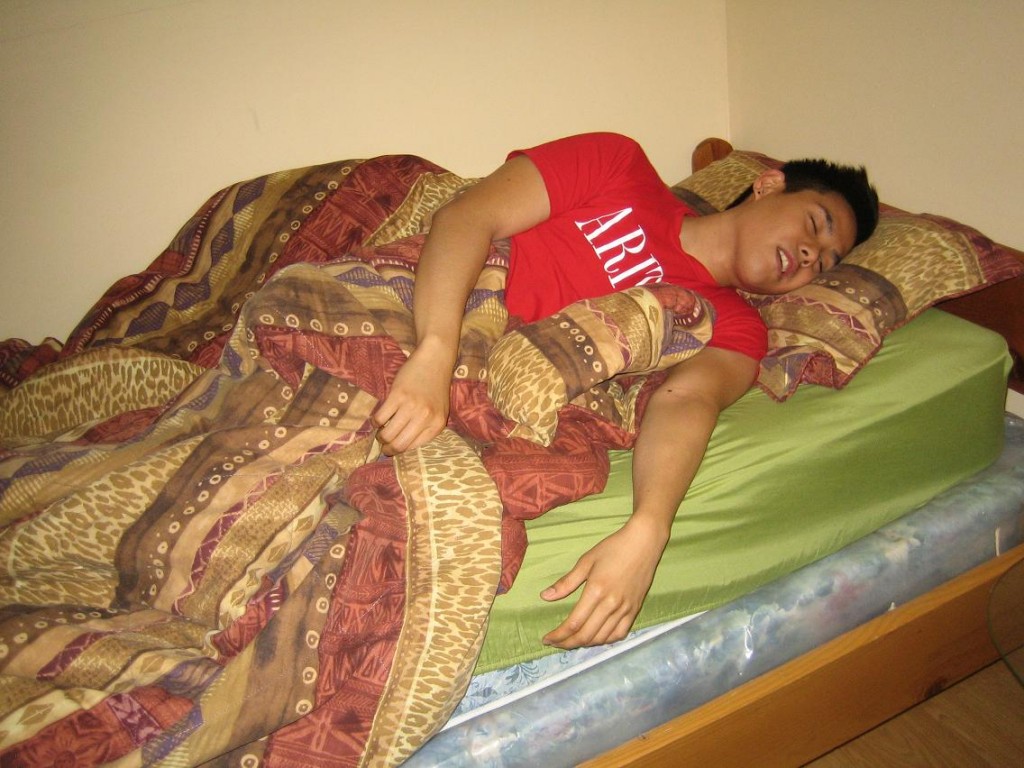Insomnia is a common sleeping disorder that involves the difficulty of initiating sleep, staying asleep or both. A person suffering from the condition usually reports of having the feeling of dissatisfaction in terms of the quality of their sleep while experiencing daytime tiredness. Every person manifests different kinds of sleeping patterns and as long as it is not bothersome, most doctors say it is ok because the body’s biological clock differs. However, insomnia is not a normal sleeping condition that needs treatment otherwise it can take a toll on the person’s quality of life.
Short term insomnia may be caused by a number of factors which include jet lag, stressful life events, changes in sleeping environments, some medical conditions and even medication intake. Chronic insomnia is one that lasts for a month or more and may become bothersome to the affected person. Medical emergencies usually arise when a person doze off to sleep while driving, making it important to help resolve insomnia as a health issue that needs treatment.
Recognizing the symptoms of insomnia
- Difficulty falling asleep at night
- Awakening during the night or too early
- Not feeling well rested upon waking up
- Daytime tiredness or sleepiness
- Irritability, depression or anxiety
- Difficulty paying attention or focusing on tasks
- Tension headaches
- Ongoing worries about sleep
Risk factors of having insomnia include:
- Females
- 60 years old and older
- Having a mental health disorder
- Undergoing a lot of stress
- Working at night or shift work schedules
- Travel long distances

First aid management of Insomnia
- Improve sleep hygiene by maintaining a regular sleep schedule. It would be best if you strictly follow your sleeping and waking patterns consistently.
- Do not force yourself to sleep
- Control sleep stimulus by limiting other activities such as reading, watching TV and eating.
- Relaxation techniques before going to sleep may also help. This may include, but are not limited to muscle relaxation, meditation or have a warm bath
- Go to bed only if you are sleepy
- Do not take naps during the day
- Nicotine and alcohol may disrupt sleeping patterns, thus avoiding them may be beneficial
- Avoid tea, coffee or other caffeinated drinks before going to bed
- If you can’t sleep, get up and go to another room and do something until you feel sleepy
- Get up at the same time every morning regardless of how much sleep you have had
- Do not count and worry about how much sleep you had.
When to see a doctor
Insomnia affects activities of daily living greatly. Should you find it difficult to function efficiently in some aspects of your daily living, consult your health care provider immediately to do proper testing as to the causes and management of the disorder.
Reference:
NHS Choices. Treating insomnia. Retrieved on June 17,2014 from http://www.nhs.uk/Conditions/Insomnia/Pages/Treatment.aspx
